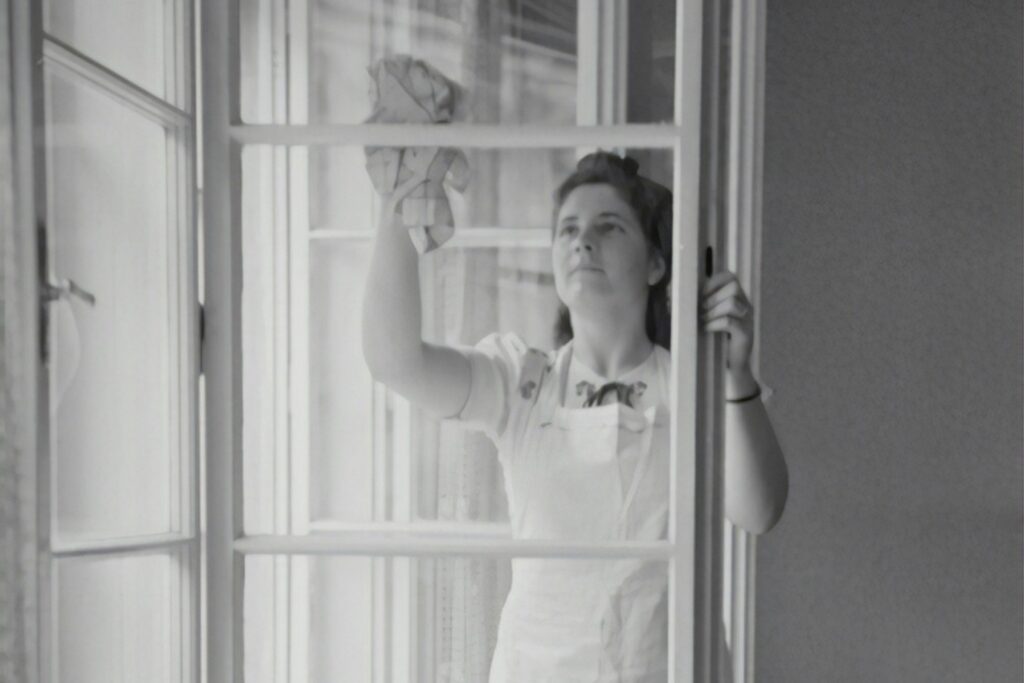Ireland’s national referendum to remove the outdated idea that a ‘woman’s place is in the home’ is approaching next week and will be held on International Women’s Day.
The constitution’s clause, which dates back to 1937, states: “The State recognises that by her life within the home, woman gives to the State a support without which the common good cannot be achieved.”
“The State shall, therefore, endeavour to ensure that mothers shall not be obliged by economic necessity to engage in labour to the neglect of their duties is in the home.”
Back then, care was provided almost exclusively by women, so the original purpose of the provision was to ensure that mothers could remain in the home and would not be forced to work due to financial reasons.
Now, however, Irish citizens will have the chance to change the constitution to a more gender-neutral wording.
The vote will take place in a double referendum, where citizens will also decide whether to change the constitution’s definition of “family” to expand it beyond marriage.
The proposed amendment would see both articles replaced by one that would recognise the care given by any member of a family, regardless of gender. It would also place an onuson the State to support this caregiving.
According to the latest opinion poll from The Irish Times and Ipsos B&A, the majority of voters intend to vote Yes in both of the upcoming referendums. The data was collected between February 2 and February 6, among a sample of 1,200 adults across all constituencies.
The reality for women in Ireland
The clause stating a ‘woman’s place is in the home’ comes from Catholic doctrine, notes Professor Caitriona Beaumont from London South Bank University, who wrote in The Conversation that Ireland is a nation coming to terms with historical abuses of the Catholic church “in schools, mother and baby homes and Magdalene laundries”.
“If Ireland is to fully shake off the shackles of its Catholic past and achieve its ambition to be a modern and progressive nation, then Article 41.2 must be consigned to the annals of history on March 8 2024,” writes Professor Beaumont.
The reality in Ireland as well is that women still do a majority of unpaid work and caring, with data showing Irish women spend double the time of men on caring and more than twice as much time on housework. Women also make up 98 per cent of full-time carers and 80 per cent carers in Ireland.
Considering this context ahead of the nation’s double referendum, Dearbhail McDonald shared with The Guardian how some Irish women are feeling towards the possibility of removing the constitution’s ‘women in the home’ clause.
“Removing an archaic reference to women in the home, recognising the role of carers and embracing the reality of modern family life are important aspirations,” writes McDonald.
“But they are no substitute for the comprehensive structural, cultural, economic and legal changes needed to value unpaid care work, tackle gender inequality in the labour market and drive deep societal shifts that lead to less misogyny and more male participation in caring and housework.”


